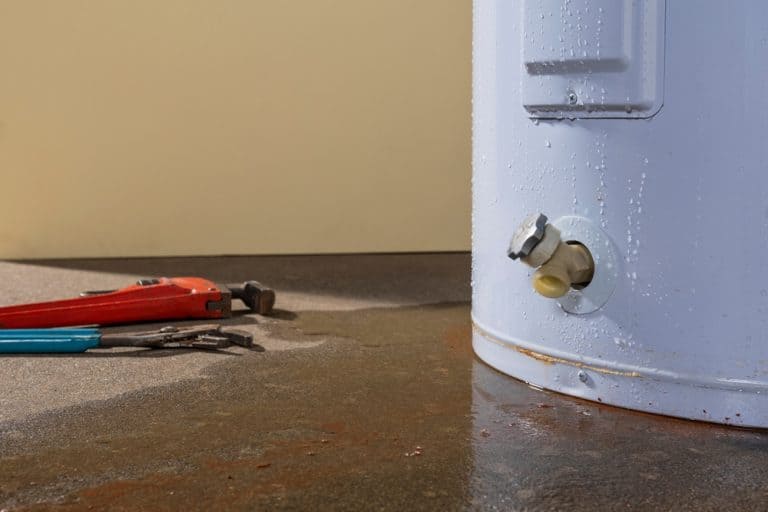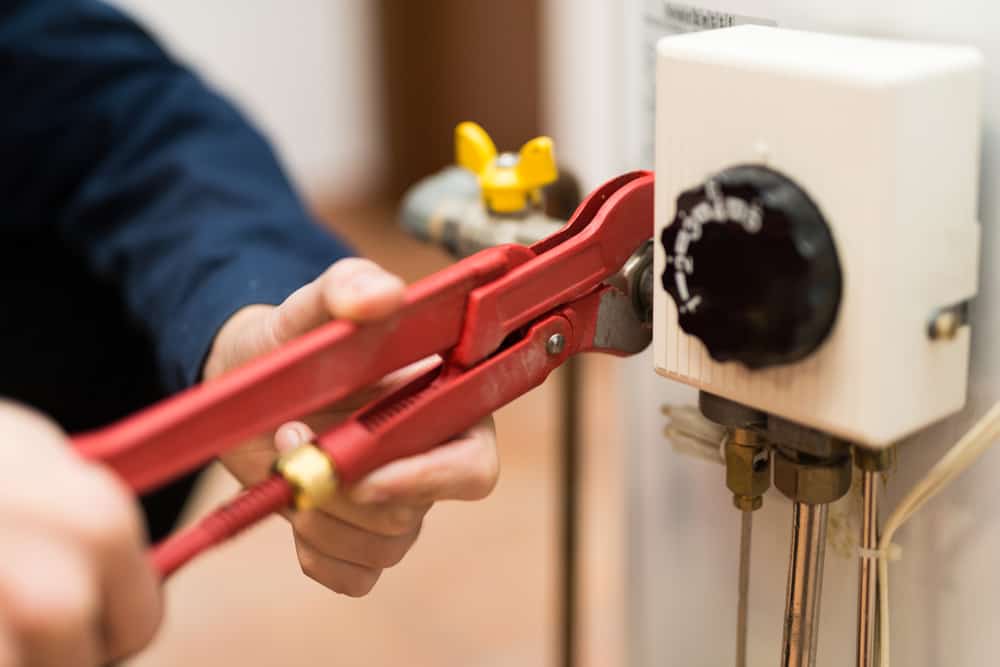Water Heater Repair in Whittier, CA
Reliable Water Heater Repair in Whittier, CA. Trust Castaneda’s 24/7 Plumbing & Rooter for expert, timely service.

When it comes to professional water heater repair in Whittier, CA, Castaneda’s 24/7 Plumbing & Rooter stands out for its expertise and reliability. Understanding the nuances of various water heater models, from traditional tank systems to modern tankless units, our team is equipped to handle any repair task. Our services are tailored to meet these unique challenges in Los Angeles County, where the climate can affect water heater performance.
Our approach at Castaneda’s 24/7 Plumbing & Rooter involves a thorough diagnosis to identify the root causes of issues, whether it’s a minor leak or a major malfunction. We then provide effective, long-lasting solutions to ensure your water heater is running efficiently. Our commitment to quality service and customer satisfaction makes us a top choice for water heater repairs in the area. Reach out to us at 424-375-5704 for dependable repair services.
Castaneda's 24/7 Plumbing & Rooter's deep understanding of Whittier, CA's needs ensures tailored, effective water heater repair solutions.
We prioritize high-quality service and customer satisfaction, making us a trusted choice in Los Angeles County.
Recognized for our efficient and prompt repair services, Castaneda's 24/7 Plumbing & Rooter minimizes your inconvenience and downtime.

In Whittier, CA, homeowners and businesses frequently encounter a range of water heater problems. At Castaneda’s 24/7 Plumbing & Rooter, we’ve seen and fixed it all – from inconsistent water temperatures and noisy tanks to leaks and sediment build-up. Each of these issues requires a specialized approach for effective resolution. Our experienced technicians are adept at quickly diagnosing and repairing these common problems, ensuring minimal disruption to your daily routine.
Understanding the specific water conditions and usage patterns in Los Angeles County allows us to provide more targeted, effective solutions. Regular maintenance and timely repairs can significantly extend the life of your water heater, and Castaneda’s 24/7 Plumbing & Rooter is here to assist. Don’t let a faulty water heater inconvenience you. Call us at 424-375-5704 for expert repair services that you can trust.

Maintaining your water heater’s efficiency and prolonging its lifespan are crucial aspects of home management in Whittier, CA. At Castaneda’s 24/7 Plumbing & Rooter, we emphasize the importance of regular maintenance to prevent unexpected failures and costly repairs. Our maintenance services include routine inspections, sediment flushing, and component checks, tailored to suit the specific needs of Los Angeles County homes and businesses.
Additionally, we provide expert advice on optimizing water heater settings for seasonal changes and energy efficiency. Understanding your water heater’s operation and maintenance requirements can lead to significant savings on utility bills and avoid the inconvenience of untimely breakdowns. Trust Castaneda’s 24/7 Plumbing & Rooter for comprehensive maintenance services that keep your water heater in top condition. Contact us today at 424-375-5704 for professional guidance and support.
Whittier’s roots can be traced to Spanish soldier Manuel Nieto. In 1784, Nieto received a Spanish land grant of 300,000 acres (1,200 km2), Rancho Los Nietos, as a reward for his military service and to encourage settlement in California. The area of Nieto’s land grant was reduced in 1790 as the result of a dispute with Mission San Gabriel. Nonetheless, Nieto still had claim to 167,000 acres (680 km2) stretching from the hills north of Whittier, Fullerton, and Brea, south to the Pacific Ocean, and from what is known today as the Los Angeles River east to the Santa Ana River. Nieto built a rancho for his family near Whittier, and purchased cattle and horses for his ranch and also planted cornfields. When Nieto died in 1804, his children inherited their father’s property.
At the time of the 1840s Mexican-American War, much of the land that would become Whittier was owned by Pio Pico, a rancher and the last Mexican governor of Alta California. Pio Pico built a hacienda here on the San Gabriel River, known today as Pio Pico State Historic Park. Following the Mexican-American War, German immigrant Jacob F. Gerkens paid $234 to the U.S. government to acquire 160 acres (0.6 km2) of land under the Homestead Act and built the cabin known today as the Jonathan Bailey House. Gerkens would later become the first chief of police of the Los Angeles Police Department. Gerkens’ land was owned by several others before a group of Quakers purchased it and expanded it to 1,259 acres (5 km2), with the intent of founding a Quaker community. The area soon became known as a thriving citrus ranching region, with “Quaker Brand” fruit being shipped all over the United States. Beginning in 1887, walnut trees were planted, and Whittier became the largest walnut grower in the United States. In addition to walnuts and citrus, Whittier was also a major producer of pampas grass.
For many years, the sole means of transport from this area to Los Angeles was on foot, or via horse and wagon over rough dirt roads, impeding settlement, development, and the export of agriculture. Thus in 1887 “enterprising and aggressive businessmen” contracted with the Southern Pacific Railroad to build the first railroad spur to Whittier, including a depot. The businessmen covered the $43,000 construction cost for the six-mile spur, which branched off from the Southern Pacific mainline at a junction near what is now Studebaker Road between Firestone Boulevard and Imperial Highway. By 1906, 650 carloads of oranges and 250 carloads of lemons were shipped annually by rail. In 1904, the Pacific Electric opened the trolley line known as “Big Red Cars” from Los Angeles to Whittier. In the first two decades, over a million passengers a year rode to and from Los Angeles on the Whittier Line. After World War II, Whittier grew rapidly and the sub-dividing of orange groves began, driven by housing shortages in southern California. In 1955, the new Civic Center complex was completed and the City Council met in new chambers for the first time on March 8, 1955. The city continued to grow as the City annexed portions of Whittier Boulevard and East Whittier. The 1961 annexation added over 28,000 people to the population, bringing the total to about 67,000.
Learn more about Whittier.Here are some plumber-related links and associations.

Looking for a reliable plumber? Look no further! Our team of experienced professionals is here to provide you with the best plumbing services in town.